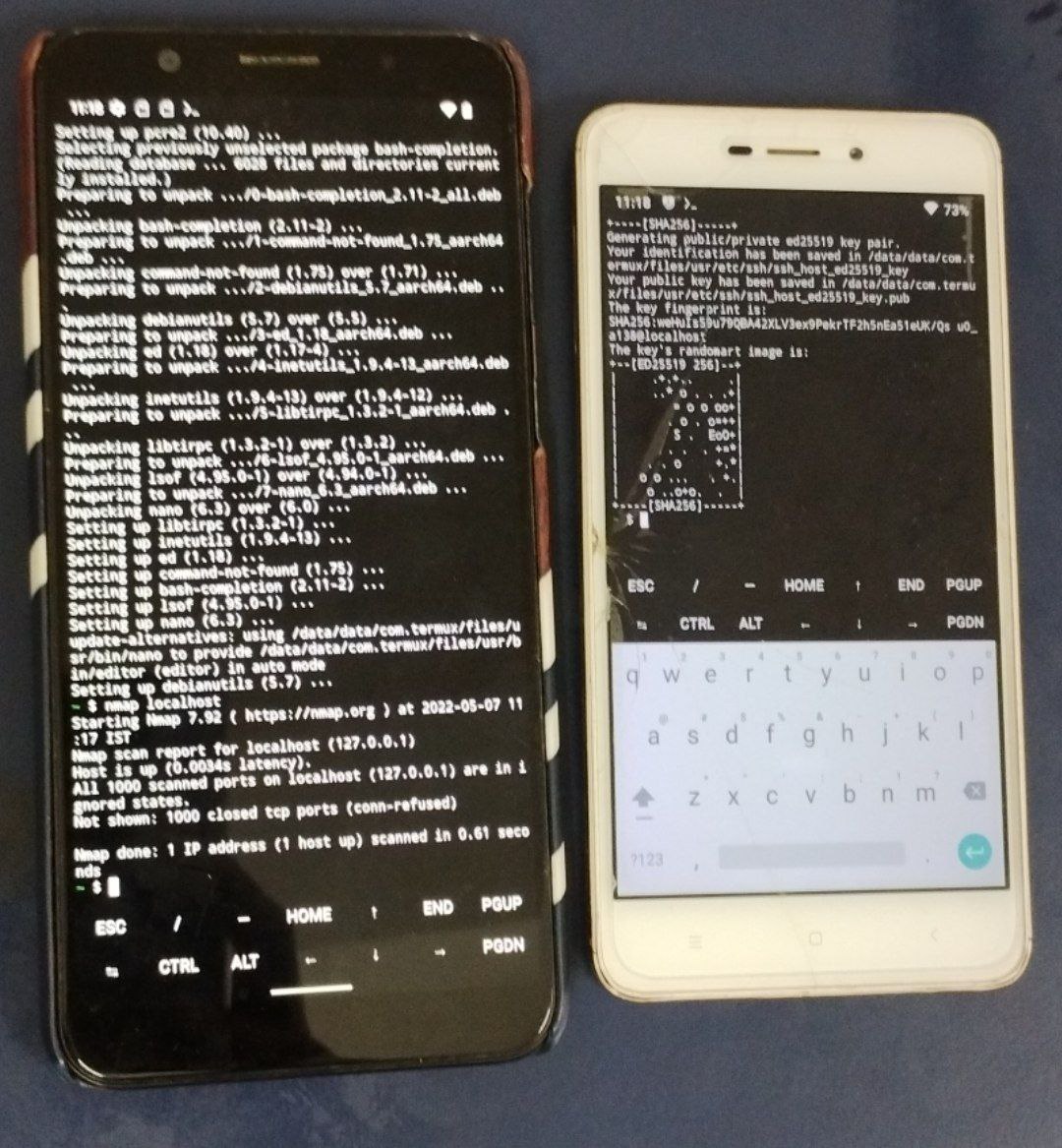GNOME Asia Summit 2023
→
Asia/Kathmandu
,
Description
GNOME.Asia Summit is the featured annual GNOME conference in Asia. It focuses primarily on the GNOME desktop but also covers applications and platform development tools. The summit brings together the GNOME community in Asia to provide a forum for users, developers, foundation leaders, governments, and businesses to discuss the present technology and future developments.
Registration
GNOME Asia 2023 Registration
Social Event: Kathmandu Valley Day Trip For Non-SAARC
Participants
219
View full list


